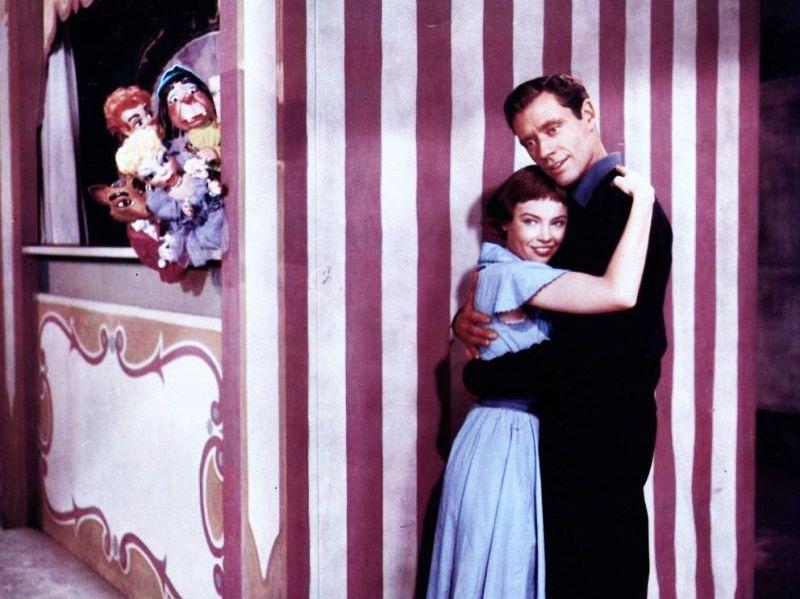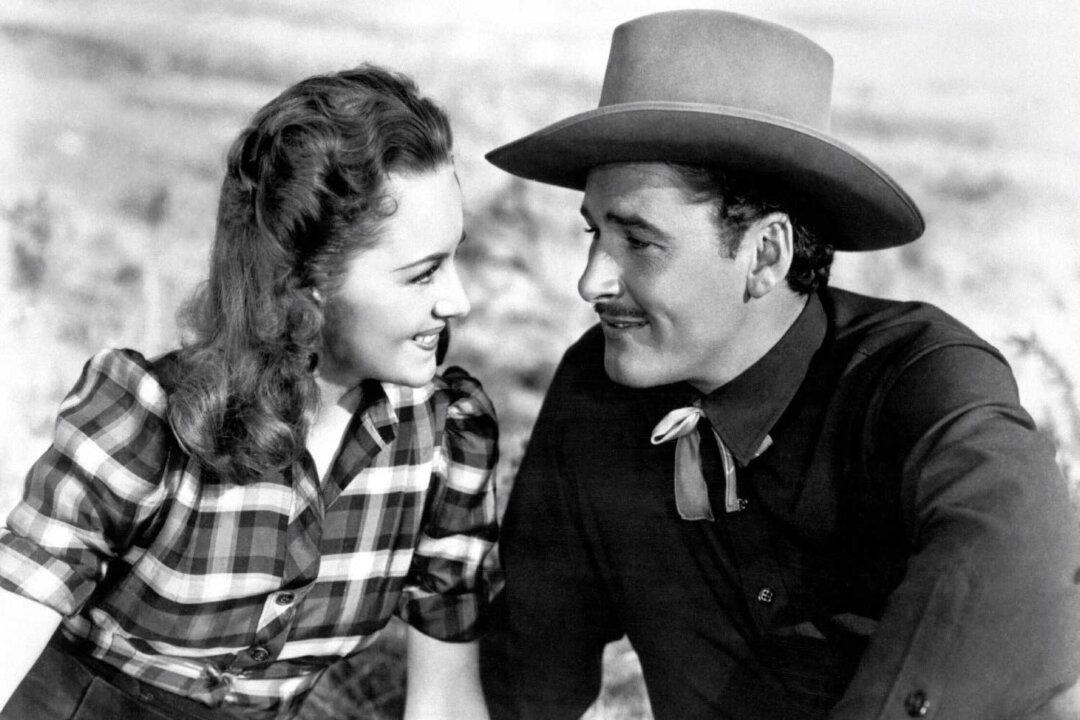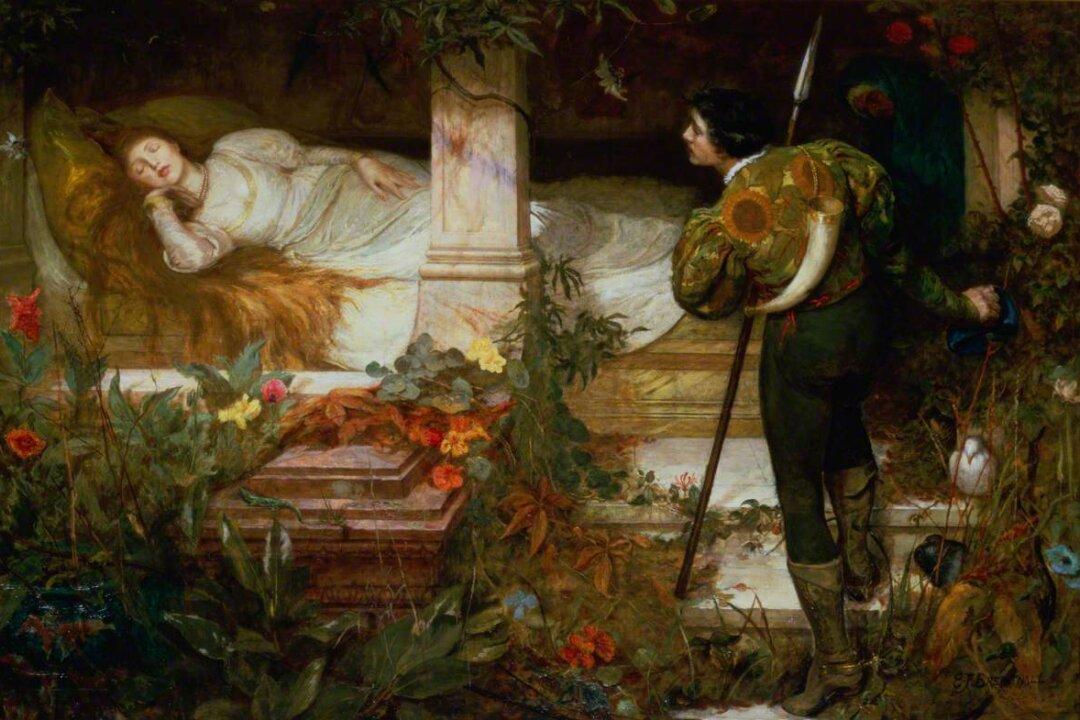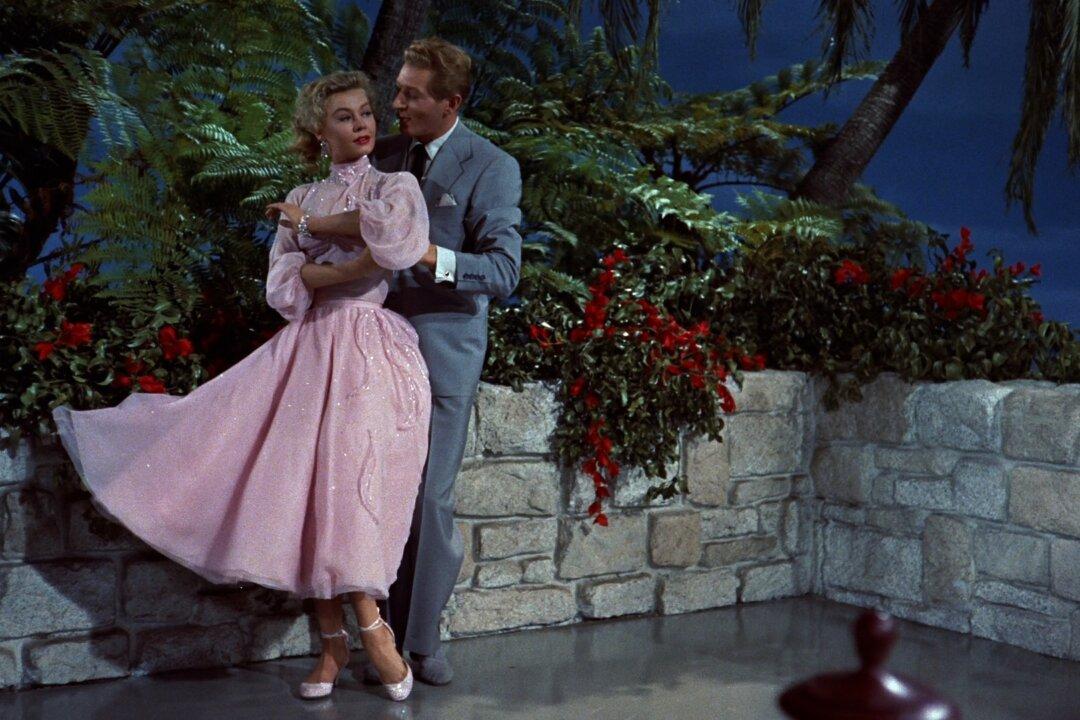Commentary
In the Golden Era of Hollywood (1934-1954), filmmakers learned to make difficult topics into films which were acceptable for all audiences. Under the guidance of the Production Code Administration (PCA), obscene plays and books were made into mature but tasteful films such as “These Three” (1936) and “Casablanca” (1943). Every once in a while, despite the PCA office’s best attempts, a film would slip through which was technically acceptable but still had a disturbing trace left from its dark source material. I found such a film in 1953’s “Lili.”





